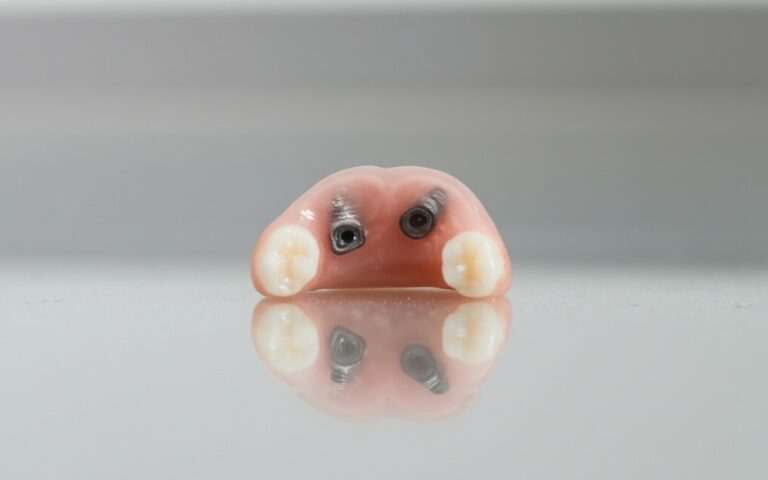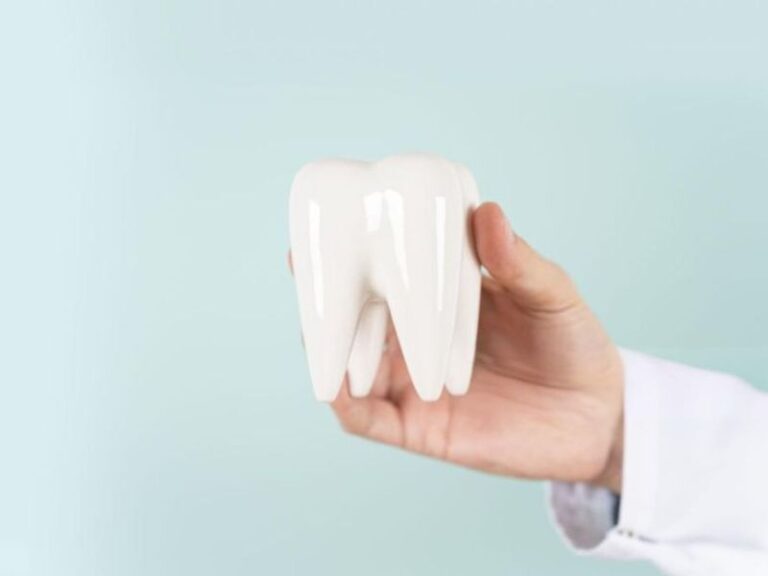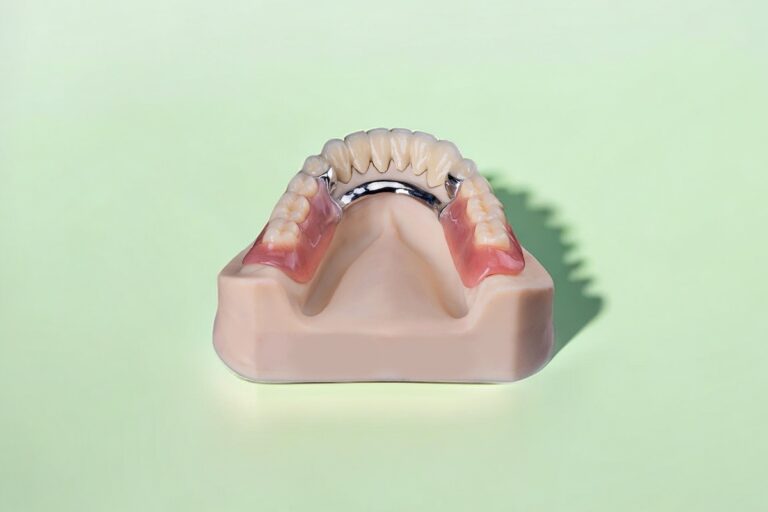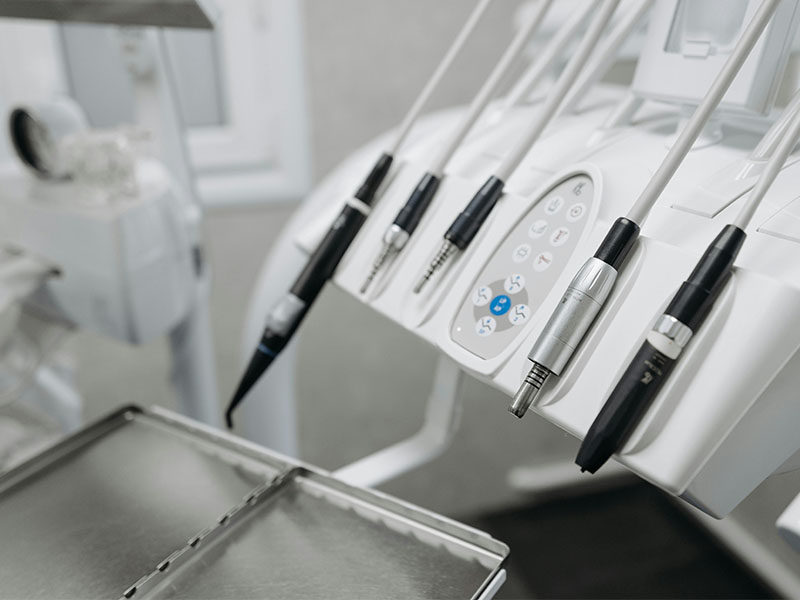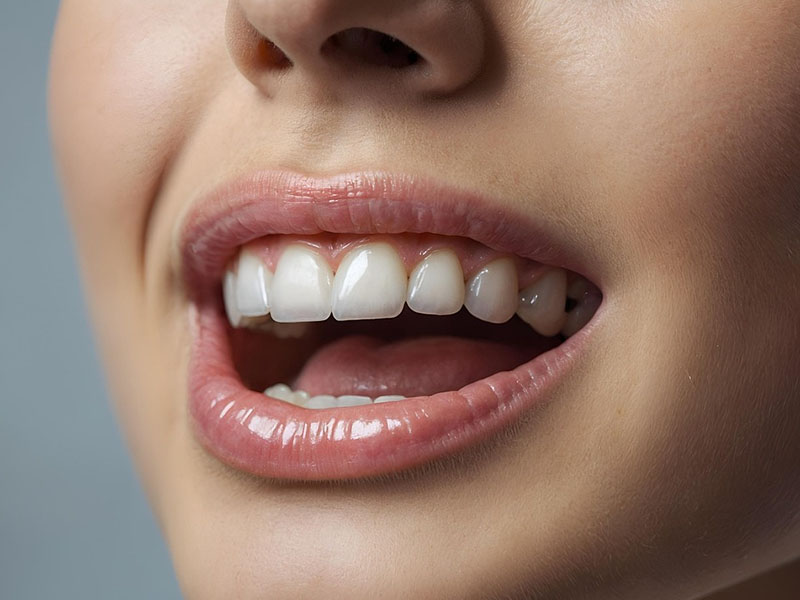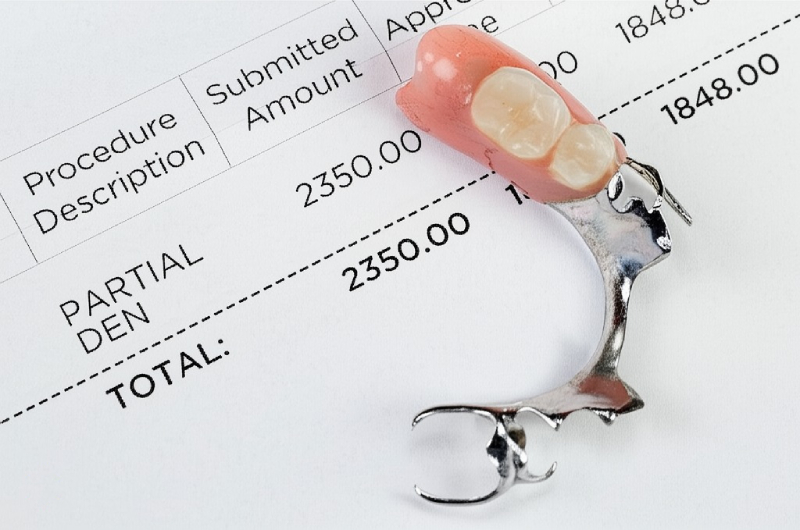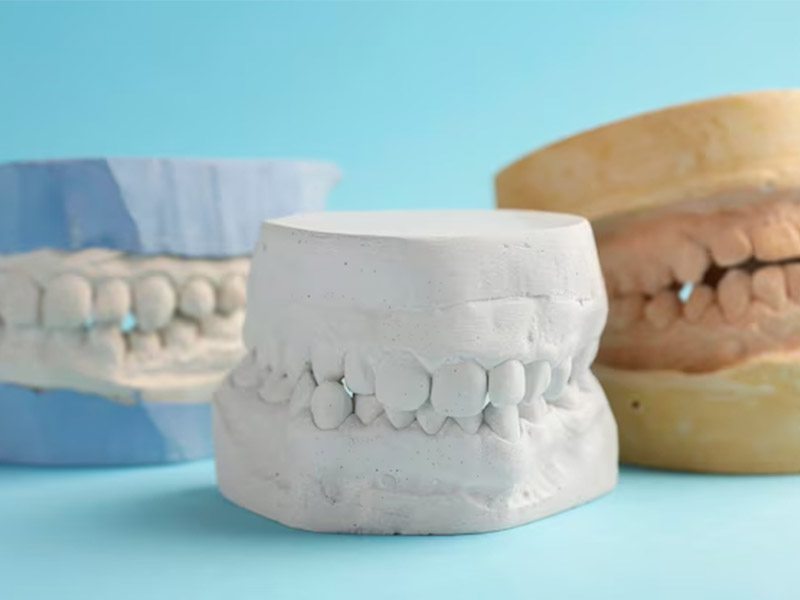
How to Choose the Best Dental Impression Trays: A Simple Guide for Patients
Have you ever sat in the dentist’s chair, mouth wide open, while someone fits a weird plastic or metal tray inside and fills it with a squishy goop? It can feel pretty strange, and you might wonder—what is this thing and why does it matter? If you’re curious about dental impressions and why dentists care so much about those trays, you’re not alone. Most people don’t know that picking the right impression tray is kind of like picking the right mold to make a cake—it shapes what comes next, from new crowns to dentures or even clear aligners.
In this article, we’ll tackle the mystery of dental impression trays in plain English. By the end, you’ll feel confident—not just about what dentists are doing, but about making smart choices for your teeth from now on.
Table of Contents
What Are Dental Impression Trays (And Why Should You Care)?
Let’s start with the basics. A dental impression tray is a little device—made from metal or plastic—that holds the putty your dentist uses to get a copy of your teeth and your gums. Think of it like using a tray to make ice cubes, except it’s for your mouth and much more important! These molds help the dental team make all sorts of things, like crowns, bridges, dentures, retainers, and night guards.
Why should you care? Because if the impression isn’t good, your new crown might not fit, or your denture will be uncomfortable. Getting the right tray means these things will fit better and last longer. The wrong tray? That usually means you have to come back for fixes—and nobody wants more time at the dentist than they need!
How Do Dentists Choose the Right Tray? (The Simple Science Explained)
Choosing a tray isn’t just about grabbing the first one that fits. It’s more like picking shoes—size, shape, and what you need them for all matter. Dentists use their experience, look at your mouth, and think about the stuff they’ll use for the impression to choose a tray that:
- Fits your mouth without poking or hurting you
- Helps get the best copy of your teeth and gums
- Works best for the kind of dental job you need (like a crown or denture or whatever)
- Goes well with the type of impression material they’re using
To help you picture it: Imagine you’re making a mold for a toy. If it’s too small, some parts are missing. If it’s too soft, the shape is off and the toy won’t work. Dental trays do the same job—they keep the goo where it belongs so your dental work comes out right.
Types of Dental Impression Trays—And What They’re Best For
Not all trays are the same. Here’s a quick rundown of the main kinds, each with their own “personality.”
1. Stock Trays: The All-Around Choice
- What they’re made of: Metal (which can be cleaned and used again) or plastic (usually thrown out after one use).
- Design: Some have holes (for grip), some are solid (need sticky glue).
- Great for: Easy impressions, like checking out your bite or making simple models. If your dentist grabs a ready-made tray, it’s probably one of these.
To compare: Stock trays are like store-bought shoes—they fit okay, but not perfectly.
2. Custom Trays: Made Just For You
- How they’re made: Built in a lab or sometimes at the dental office, shaped specially for your mouth.
- Used for: Tricky jobs (like full dentures or big bridges) when you need things to be exact.
- Why they’re nice: They fit just right, use less goop, pick up all the little details a store-bought tray might skip.
To compare: Custom trays are like shoes made just for your feet. Takes extra work, but the result really pays off.
3. Dual-Arch (Triple) Trays: The Multitasker
- Special thing: Picks up your top teeth, bottom teeth, and how your teeth come together—all at once.
- Used when: Great for making a crown on a back tooth if the way your teeth come together (your bite) is steady.
- Downside: Not good if you need a full bridge or if you have missing teeth in that area.
To compare: It’s like taking a selfie that shows you, your buddy, and the beach behind you in one picture.
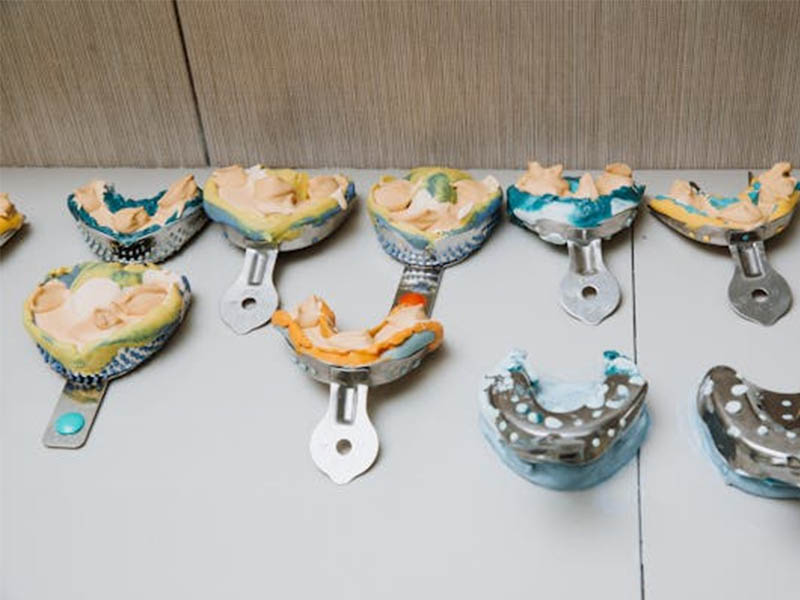
The 4 Big Things Dentists Think About (These Matter to You Too!)
Ever wondered what your dentist is thinking about while they look at your mouth? Four things pop up every time:
1. The Dental Work You Need
Example: If you’re getting new teeth (a denture) or have implants, your dentist will usually pick a custom tray. For simple models, stock trays work fine. Crowns and bridges? Many dentists like custom trays for making sure nothing goes wrong.
Why It Matters: Each dental job needs a different level of care. That’s why “one size fits all” doesn’t work here.
2. The Shape of Your Mouth
Everyone’s mouth is different. Your dentist checks:
- How big your arches are: Is your mouth wide or skinny, short or long? You should have about a pinky’s width of space for the goop to fit in.
- Teeth or no teeth: If you don’t have teeth (“no teeth” or “edentulous”), you’ll get shorter trays. If you have odd shapes in your gums (like bumps called “tori”), a little soft wax goes on to make it comfy.
- High palates or other stuff: Sometimes the dentist will trim or pad the tray so it doesn’t rub or poke.
Why It Matters: Trays that fit right don’t hurt you or mess up the impression.
3. What Kind of Impression Stuff They’re Using
There are a few different kinds of impression goop, each with their own quirks:
- Alginate: A powder mixed with water, sets fast. Good for quick, easy models like a sports guard. Needs a tray with holes to grab the soft goop and hold it in.
- PVS (Polyvinyl Siloxane) and Polyether: Fancy and more steady—stays exact for a long time. They need stiff trays—like metal or strong plastic—and usually some sticky glue to keep the goop from peeling out.
Why It Matters: Using the right tray with the right goop keeps things from falling apart, so your crown or denture can be made right from the start.
4. How Stiff and Strong the Tray Is
Wearing a floppy rain poncho in a storm won’t keep you dry. If your dentist grabs a tray and it bends too much, they’ll pick a stiffer one. Metal trays are the strongest, but some fat plastic trays work too.
Bottom line: Stiff trays make impressions that don’t warp or change shape.
What Happens During an Impression? (Step-By-Step Walkthrough)
Let’s walk through what actually happens from your side:
- Tray Selection: The dentist looks at your mouth, picks a tray, and checks if it’ll fit without jabbing you.
- Trying It In: Empty tray goes in your mouth to see if it covers everything and feels okay.
- Tweaking: If it’s not perfect, your dentist might add some soft wax to cover rough spots.
- Glue Time: For some stuff, a thin layer of glue goes in the tray and dries to help the goop stick.
- Goop Goes In: The soft impression stuff—alginate, PVS, or the like—is squeezed in.
- Impression Making: The tray goes in your mouth. Your job? Bite or just sit still till it firms up. It might feel cold or gooey, but it shouldn’t hurt.
- Tray Comes Out: The tray gets pulled out in one go. Sometimes it pops. You’ll see a funny, bumpy shape of your mouth.
- Dentist Checks: They look for air bubbles or missing spots. If it looks good, you’re finished! If not, doing it over now is way better than fixing a bad crown later.
Small tip: If you gag easily, tell your dentist before you start. Changing the tray or the goop can make it easier for you.
Types of Dental Impression Trays—A Closer Look
Here’s a quick chart about the most common trays:
| Tray Type | How Stiff? | Use For | Cost | Notes |
|---|---|---|---|---|
| Metal Stock Tray | Very Good | Prelim models, some finals | Low | Can be used over and over, best for tough jobs |
| Thick Plastic Stock Tray | Good | Easy, quick impressions | Low | Thin plastic ones aren’t as good |
| Flexible Plastic Tray | Not Great | For fast, simple jobs | Very Low | Not good for crowns, bridges, or anything important |
| Custom Tray | Very Good | Dentures, big bridges, implants | High | Made for you, perfect fit for tricky jobs |
| Dual-Arch Tray | Good | Just one crown in the back | Medium | Does more at once, but not right for every mouth |
Source: Journal of Prosthodontic Research, ADA dental tips
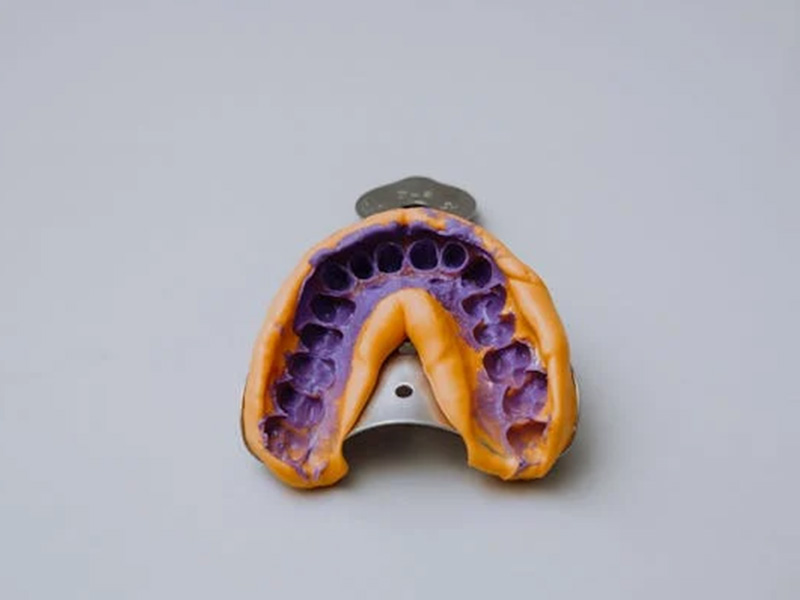
Common Questions, Answered (FAQ)
Q: Can I ask for a certain tray?
A: Yes! If you gag a lot, have a weird jaw, or had trouble before, tell your dentist first. They can tweak things to help.
Q: Are single-use plastic trays safe?
A: Yep. They’re fine for quick and simple jobs, just not where you need real accuracy (like crowns or bridges). Metal or heavy plastic trays are better for that.
Q: Why did it feel so weird when I had my impression?
A: The stuff can feel cold or squishy, maybe taste a bit odd, but it shouldn’t really hurt. People with a strong gag reflex might find it hard—try relaxing and breathing through your nose.
Q: What if my impression doesn’t come out right?
A: Sometimes dentists do it over. It’s better to fix it now than end up with a wobbly or painful crown later!
Q: Are digital scanners better than normal trays?
A: Digital scanners are becoming more common, but old-school trays still have their place, especially for tough jobs. Ask your dentist if “digital” is an option for you.
The Bottom Line: How to Feel Good at Your Next Dental Visit
Now, you know more about dental impression trays than most folks ever will. But why does it matter?
Here’s what you really need to know:
- Trays matter! They’re the unsung heroes behind your crowns, dentures, and more.
- A good start means a good finish. Get the impression right and you’ll spend less time coming back for fixes.
- Speak up at the dentist. If you’re worried, have a small jaw, gag a lot, whatever—let them know. They can help.
If you only remember three things, keep these in mind:
- Not all trays are the same. Stock, custom, and dual-arch trays each do different things.
- A good tray means better results. Everyone deserves dental work that’s comfy and fits right.
- Talk to your dentist. Your words help them help you.
Your Healthy Reminder
- Dental impression trays are key in any dental job that needs a copy of your mouth.
- The best tray depends on your dental needs, your mouth, and what your dentist uses.
- Don’t be afraid to ask your dentist to explain or help you feel more comfortable.
- Good impressions mean good dental work, which saves you time, money, and hassle.
- If you’re nervous or have unique needs (like a small mouth or strong gag reflex), let your dental team know—they can adjust.
Ready for your next dental step? With this info, you can chat with your dentist and be a part of your own dental care. Just remember: A good dental impression starts with you!
References:
- American Dental Association. “Impression Materials and Trays—Easy Tips.”
- The Journal of Prosthodontic Research. “Comparing Dental Impression Trays.”
- Zhermack Dental, “Kinds of Impression Trays and What They Do.”
Got More Questions? Don’t Hesitate!
Ask your dentist—they want you to understand what’s going on. Every great smile starts with a solid base, and a simple impression tray might just be where yours begins.
You’ve got this. And we’re here to help, every step of the way.

